Future Hegemony- Who will Reign Supreme?
Wed, 28 Sep 2022 | Reading Time: 4 minutes
Hegemony- A term that has sailed its own voyage since the inception of mankind itself till date in the 21st century. Ever since human civilization made its footprints on this earth, our thoughts and actions have had one similarity i.e. to assert and make our own ground in the society. From our initial days of living , the human mindset has adapted truly and well to survive and continue to live in harmony before realizing its true potential to grow and become much more than just a normal being trying to survive. This is where the term ‘Hegemony’ truly starts making its mark as a legible means of living. The word ‘Hegemony’ describes the dominance of one group, institution, state or an organization over another.
There lies particularly 3 stages in forming a hegemonic sense of power-
First, to have the power for coercing other states. Second, to get their support through incentives. Third, having legitimate power to command those countries. The term was initially used in political and military fields at times of Greco-Roman supremacy in the world, later augmented itself to Economic, Religious and Cultural aspects as new players started reaffirming its existence in the world. From the Mongolian Empire setting its benchmarks around the Central Asian region conquering daunting terrains and setting up of their regime around the 13th and 14th centuries to the uprising of western powers namely the likes of French, Spanish, German but standing apart from the rest the Britishers. Their colonialist policies ensured global supremacy in all medieval times ranging from the 16th-19th century timeline.
Following the 20th century, it comprised multiple global powers but no single hegemon until the forthcoming of World War I and II that transpired the shape of the global circuit. It gave to the birth of ‘Dual – Hegemony’ and the beginning of the ‘Cold War Era’ between the West (led by The United States – capitalist ideology) and the East (led by The USSR – communist ideology) in the late 20th century with the former reigning supreme and establishing its global dominance before entering the 21st century. The above series of events only suggest the baton of Global Hegemony has only been shifting from one region to another citing changes in global mindsets.
Cut to 2022 and beyond, the meaning of Hegemonic supremacy is somewhat synonymous to that of being a Global Superpower. World renowned Political Scientist Kenneth Waltz divides the criteria of being the same into 5 KRA’s (Key Result Areas) namely Population and Territory, Economic Capability, Political Stability, Military Strength and Resource Endowment.
If one takes into account these 5 factors, it shouldn’t come as a surprise the USA was the sole torchbearer of this definition until the last 3 decades. However along with the US the world saw inevitable rise of Asian Giants namely the ‘Red Dragon’ i.e. People’s Republic of China. Keeping Mao’s dream in mind, China has been nothing less than Belligerent and Focused in jotting down and reaching its goals one by one. Several geopolitical experts stated that it is China’s staggering growth that must be credited which is resulting in mitigating the western influence on global level. From shedding its agrarian past to becoming a manufacturing giant capturing the global economic market to restructuring its relations with strategic based regions and modernizing its military power, China is well and truly on its way to becoming not just another global power but to replace USA as the next Unipolar giant. Also the post Covid- Era provided further proof that they look well on their way to establish a Unipolar World Order in the coming decades.
However the real scenario is much more diverse than what it looks like on paper. Apart from all such instances, the last decade saw another nation uprising in every such sphere i.e. The Republic of India. Being touted as the ‘X- Factor’ for creating that stability and following the principle of Plurilateralism maintaining a Multipolar World Order for countering Chinese and western influences keeping it balanced. Dating back to post LPG reforms ensured integration of our economy and skill sets of workforce that ensured a major boost in our economy. Global institutions such as the IMF, World Bank have named India as one of the fastest growing economies in the world and view them as a top contender in the world’s top 3 economic powers by 2030.
Adding on, India’s military might stand as the fourth largest in the world with its emphasis shifting towards modernization blended with conventional supremacy. Not to forget India’s tourism sector and vast cultural heritage practices ranging from trading valuable goods to practicing Yoga and Ayurveda medicine to name a few that have helped establish cordial relations with their neighbors and other such regional groups.
Meanwhile a potent political leadership at the center would only ensure smooth cohesion of all these processes which makes India a potential giant. Furthermore, Clyde V. Prestowitz Jr. mentioned the 21st century as the ‘Indian Century’ and rightly so, having maintained cordial relations across the globe with strong political leadership and our value adding resources despite facing internal turmoil which needs immediate redressal for coming out as a true superpower.
In conclusion, the geopolitical landscape is witnessing a rapid and dynamic shift. The recently instigated Russia-Ukraine conflict once again gave us an insight into the re-emergence of the hegemonic concept. Such global events are also proof that what seemed earlier was merely a unipolar setup is now being transitioned into a multi-polar platform. Although in the current context it is tough to pick a clear winner, it would definitely be the ones continuously adapting and expanding its own manpower and resources which will gain the global sword in the coming decades. Whatever may be the future scenario, one must always have an inner goal to co-exist as a group of nations and not reigning over the other.
‘In the end, peace can be achieved only by hegemony or by balance of power’ – Henry A Kissinger
Disclaimer
The opinions expressed in this article are the author’s own and do not reflect the views of Chanakya Forum. All information provided in this article including timeliness, completeness, accuracy, suitability or validity of information referenced therein, is the sole responsibility of the author. www.chanakyaforum.com does not assume any responsibility for the same.
Chanakya Forum is now on . Click here to join our channel (@ChanakyaForum) and stay updated with the latest headlines and articles.
Important
We work round the clock to bring you the finest articles and updates from around the world. There is a team that works tirelessly to ensure that you have a seamless reading experience. But all this costs money. Please support us so that we keep doing what we do best. Happy Reading
Support Us





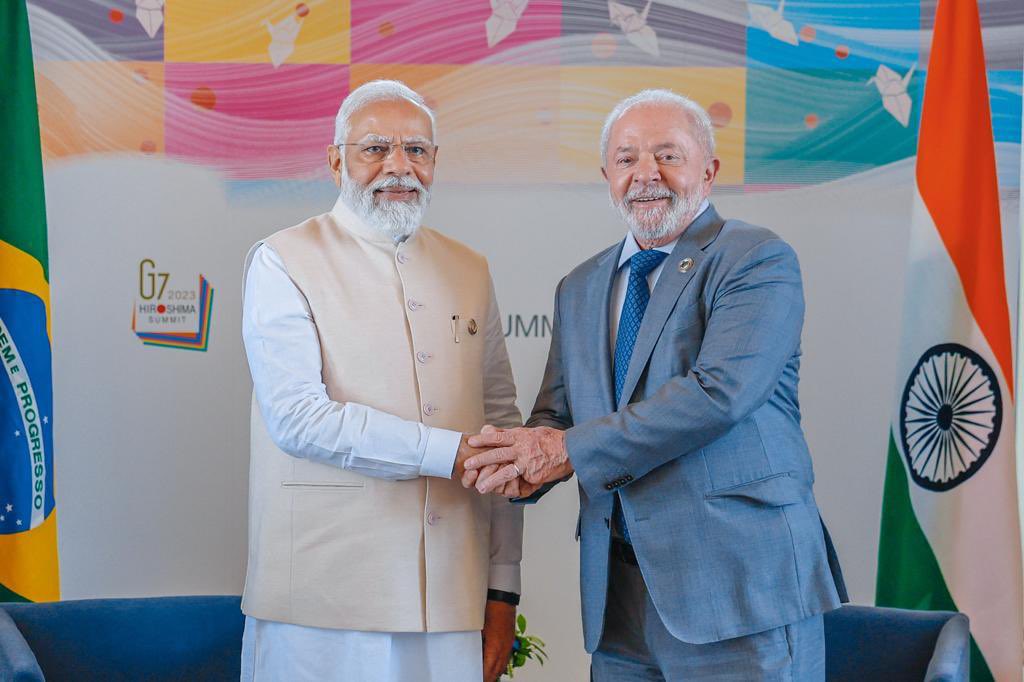

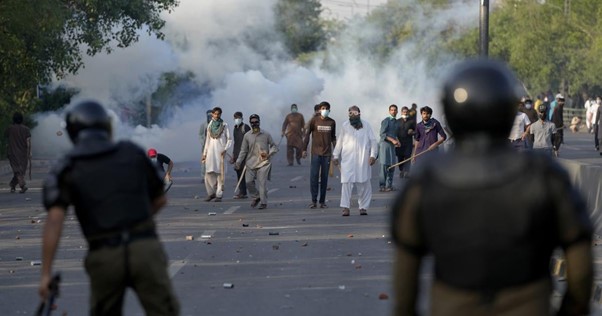

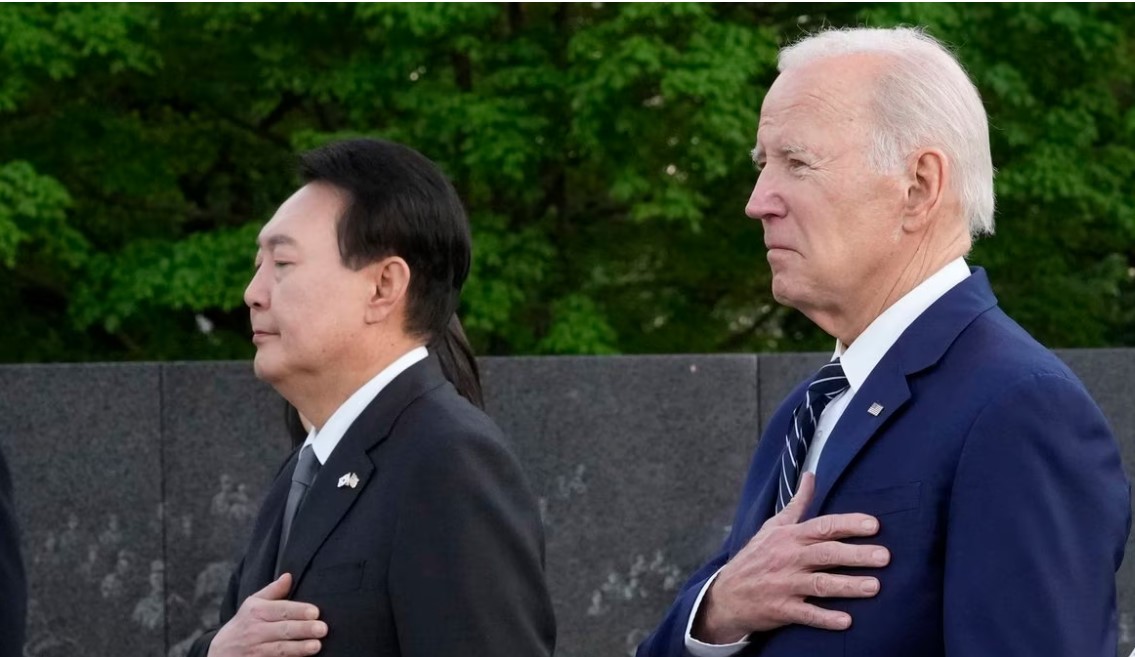

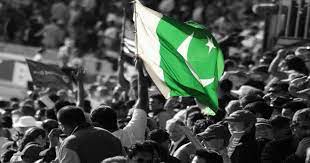
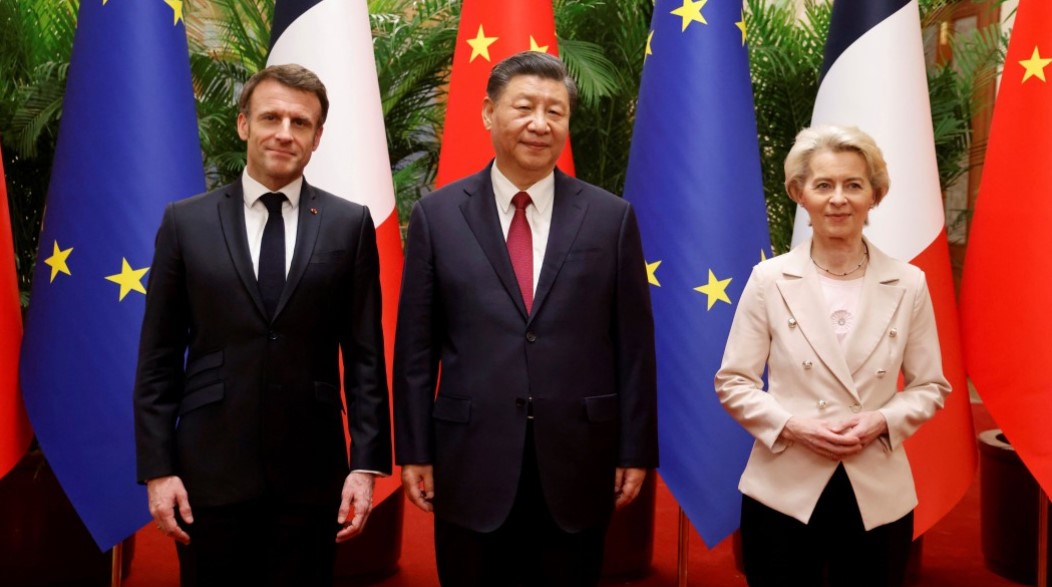







POST COMMENTS (2)
Kalidan Singh
Utkarsh